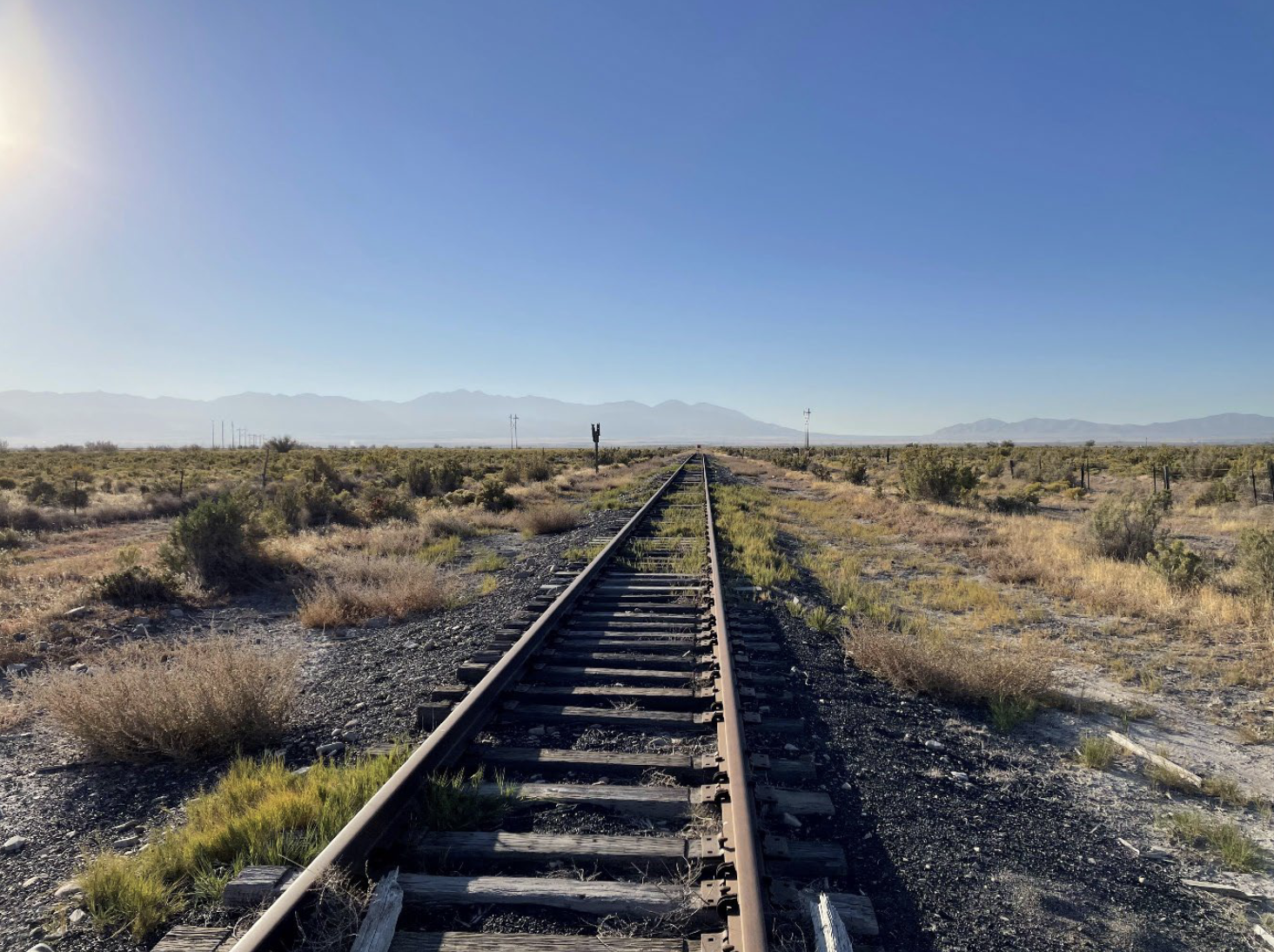The suit is in the U.S. District Court for the Northern District of Illinois in Chicago.
The unions contend that since 2012, BNSF has implemented “blanket procedures” which violate the employees rights by “impermissibly requiring employees to self-disclose disabilities which do not impede their work,” and by “conducting impermissible medical inquiries without objective evidence prior to inquiring whether the conditions will impair an employee’s ability to perform the essential job duties.”
Unions also say that their members’ rights are violated by BNSF’s “requiring employees to provide detailed medical documentation without a business necessity and in a manner that is significantly broader and more intrusive than necessary; and other violations.”
The suit says that the Equal Employment Opportunity Commission investigated and issued a “for-cause” determination” against the medical policy.
The unions include: American Train Dispatchers Association; Brotherhood of Locomotive Engineers and Trainmen; Brotherhood of Maintenance of Way Employees, Division of International Brotherhood of Teamsters; Brotherhood of Railroad Signalmen; International Association of Machinists and Aerospace Workers District Lodge 19; International Association of Sheet Metal, Air, Rail and Transportation Workers, Mechanical and Transportation Divisions; International Brotherhood of Electrical Workers, System Council 16; National Conference of Fireman & Oilers District of Local 32BJ, SEIU; and Transportation Communications UNION/IAM.
The suit was filed in Federal court in Illinois because the railroad operates in the state and that the railroad activity the union members are complaining about happened in the state. BNSF Railway argues that if the suit continues, it should move to Federal courts in Texas.
Specifically, the unions’ suit alleges that BNSF medical rule 26.3.1, implemented Jan. 1, 2012, required that employees must be reviewed for “fitness for duty” before returning to work after new diagnoses of certain ailments, including diabetes, fractures, heart disease, strokes, or other medical events, including hospitalization, surgery, absences greater than 30 days, or other events. Employees must file a medical status form, as well as other documents.
But the unions say BNSF also required employees to file a medical status form for non-work related medical conditions, even if their physicians had cleared them for full duty without restrictions.
According to the suit, this form required employees to list all medications regardless of whether the medication was related to the condition on which they were reporting. The form also required employees to authorize their physicians to release to BNSF “any information except family medical history or genetic information that is requested with respect to this medical condition…” The form also requires submission of other tests, notes medications, and other information.
The suit says unions addressed this issue directly with BNSF but got no relief. It then filed charges with the EEOC, but unions claim little has changed.
In a filing, Dr. Michael Jarrard, the chief medical officer and head of BNSF’s medical department , says the purpose of the safety rule was to assist BNSF in fulfilling its obligations to maintain a safe workplace and avoid undue risks to the general public. The rule was entirely created, implemented, administered and ultimately rescinded” in Fort Worth.
A response from the unions is due by Jan. 31, 2020; BNSF has until Feb. 18 to respond. A status hearing has been scheduled for March 13.















Seems like BNSF went overboard. Needed a rule that was not quite so broad, as the danger of engineers particularly being not what they should be was illustrated by the events on Amtrak at Dupont, Washington. This should have been mediated with both sides not asking for the moon and creating issues that could have been dealt with reasonably.
touchy subject, a friend’s hubby has social affective disorder, does not like to be around new people or situations. He was yard hostler and never went to psych doc while he was still working because UP would know and possibly fire him.. Never affected his job, he always worked the night shift as he knew the crew and less people around who might be new. He is now retired but is still not really getting the help he needs, UP can’t touch him now. But when there is a problem that will affect the worker’s job performance, then the company has a right to know and make adjustments. One of the problems of company health care, I never worked anywhere that I got it, totally on my own to pay for stuff, costly, but never had to answer to anyone about what might be wrong with me. Glad when I finally got Medicare and help with the medical bills.
What right would my employer have to know every medication I take? This would be a clear HIPPA violation, if this were the medical industry. How many accidents/incidents can you name that the root cause were the result of medications? If the physician clears you to do your job, why do you need a bean-counter to override? Sounds suspiciously like a way to target individuals with “double-secret medical probation.”
I agree, touchy subject. Before I retired, my employer was uber-strict on drug testing for banned substances but had no way to know either about mood/ behavior disorder or the pharmaceutical treatment for mood/ behavior disorder. All that was self-reported, meaning it wasn’t reported.
The way it was explained to us is you could shoot somebody if on your own time and if off the employer’s property. The only thing the employer could do about it was fire you for not showing up to work if you were incarcerated.
@Gerald McFarlane: No issues with fitness for duty. If the employee has a disability that precludes them from doing their assigned duty, then they must be moved to a new job. I think what the rank & file are worried about are detection of precursors that the employer might find unfavorable to their job role by increasing the perception of risk.
For example, science can detect pre-glacoma now at a very early stage in ones eyes, in cases many years before peripheral vision is impacted. BNSF shouldn’t pull an engineer due to this unless they specifically fail a vision test.
Genetic predisposition is a worrisome trend in the world of risk reduction because some firms at the behest of their insurance are starting to track certain markers (where still legal) even though some states are making it illegal now.
I mention Ken Mattingly, the former NASA astronaut because even though he showed a pre-disposition for the measles, he never had it. He was scrubbed from Apollo 13, but later flew the Space Shuttle.
John Rice,
However, “fitness for duty” is permissible under Federal labor law, so I do think BNSF does have some grounds to stand on and perhaps the EEOC was a little off in their judgment.
“avoid undue risks to the general public” Hey BNSF, risk avoidance is not the same as risk removal.
Reminds me of when UPS tried to fire a driver after he lost sight in 1 eye. He won his case, but then UPS went & changed the collective agreement to require “2 working eyes with corrective vision of no less than”
Seems UPS had several one eyed drivers with spotless driving records. They just didn’t know it.
I have seen the most healthy of people have a sudden, and unexpected stroke, hemorrhage or heart attack. No risk reduction exercise would have caught them in advance.
This is like Ken Mattingly and the measles.